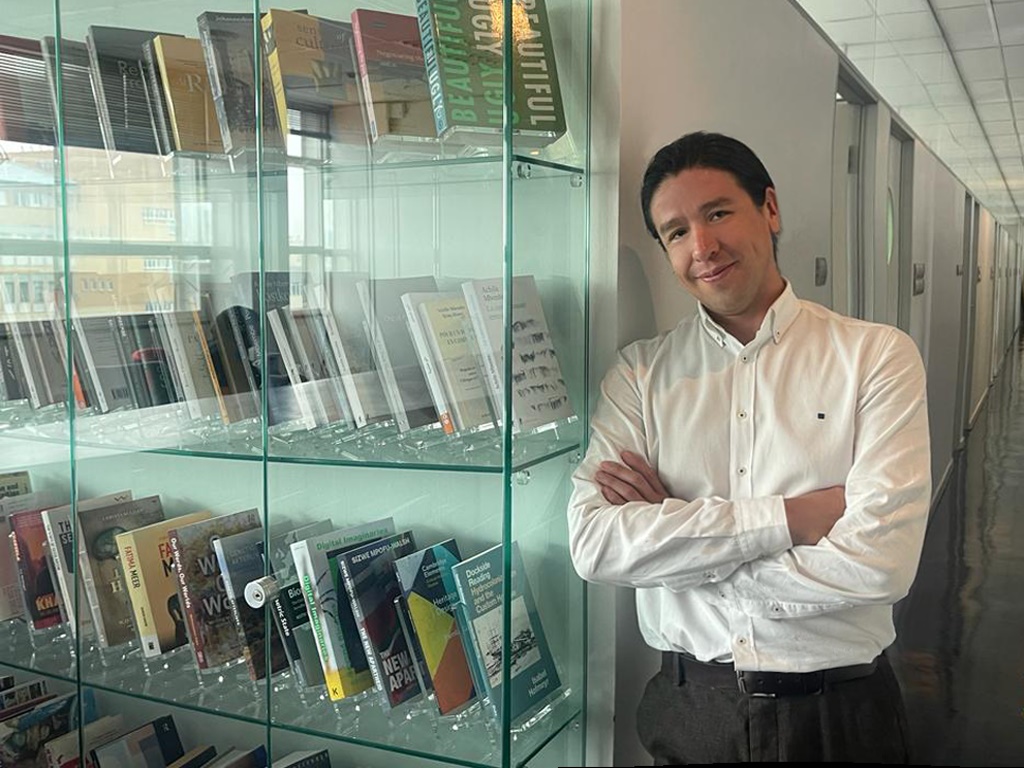Meet Our New Wadsworth Fellows: Jorge Campos Téllez

My passport is Mexican. But I have lived in and worked from Africa since 2009, first as political advisor for the Ambassador of Mexico in Nairobi, then as consultant for UN Habitat, and now, as a lecturer for the University of Hargeisa in Somaliland. I hold a Masters in Sociocultural Anthropology from the University of Chicago and a Bachelor’s in Public Administration and Political Science from El Colegio de México. I was also a student research fellow at Sciences Po, Paris, and a visiting student at Harvard University. Currently, I am preparing an ethnography of logistical capitalism that elucidates ongoing recompositions of proprietary forms made possible along and within the Berbera Corridor project in Somaliland today. I intend to tender this work as my doctoral dissertation for the Wits Institute for Social and Economic Research and the Department of Anthropology at the University of the Witwatersrand – both, my institutional homes in Johannesburg, South Africa.
The anthropology I practice and write has a twofold long-term goal. On the one hand, in tandem with my teaching in Hargeisa, it is groundwork for the establishment of the first anthropology department in Somaliland. Pedagogical models to reimagine democracy, governance, leadership and development in the Somalilander University have to be reconsidered out of a firm grounding on the situational, material realities of political economy, realities that anthropology is uniquely positioned to track and describe. While working from the field, my purpose is to call attention to this connection between politics and the discipline.
On the other hand, my anthropology seeks to open up collaborative spaces across the interdisciplinary community of scholars gathered around WiSER and Wits Anthropology, and what may be thought of as the new economic anthropology of capitalism coming from California (e.g. Appel, 2019). Within both academic circles there have been recent calls to reignite the study of capitalism, i.e. to deepen ideographic inquiry of present modalities of accumulation before advancing a general nomothetic politico-economic history of capital, even if dialectically, now that our understanding of localized entanglements of business enterprise, as Jane Guyer has taught, is profound. My work, alerting both circles of each other’s mutual ongoing concern, intends to provide a platform for generative conversation.
Thinking in company with and under the supervision of Achille Mbembe at WiSER, as well as Hylton White at Wits Anthropology, has been uniquely conducive for these goals, as both, in their own ways, are currently looking for a path to bring anthropology and history back into actual politics.